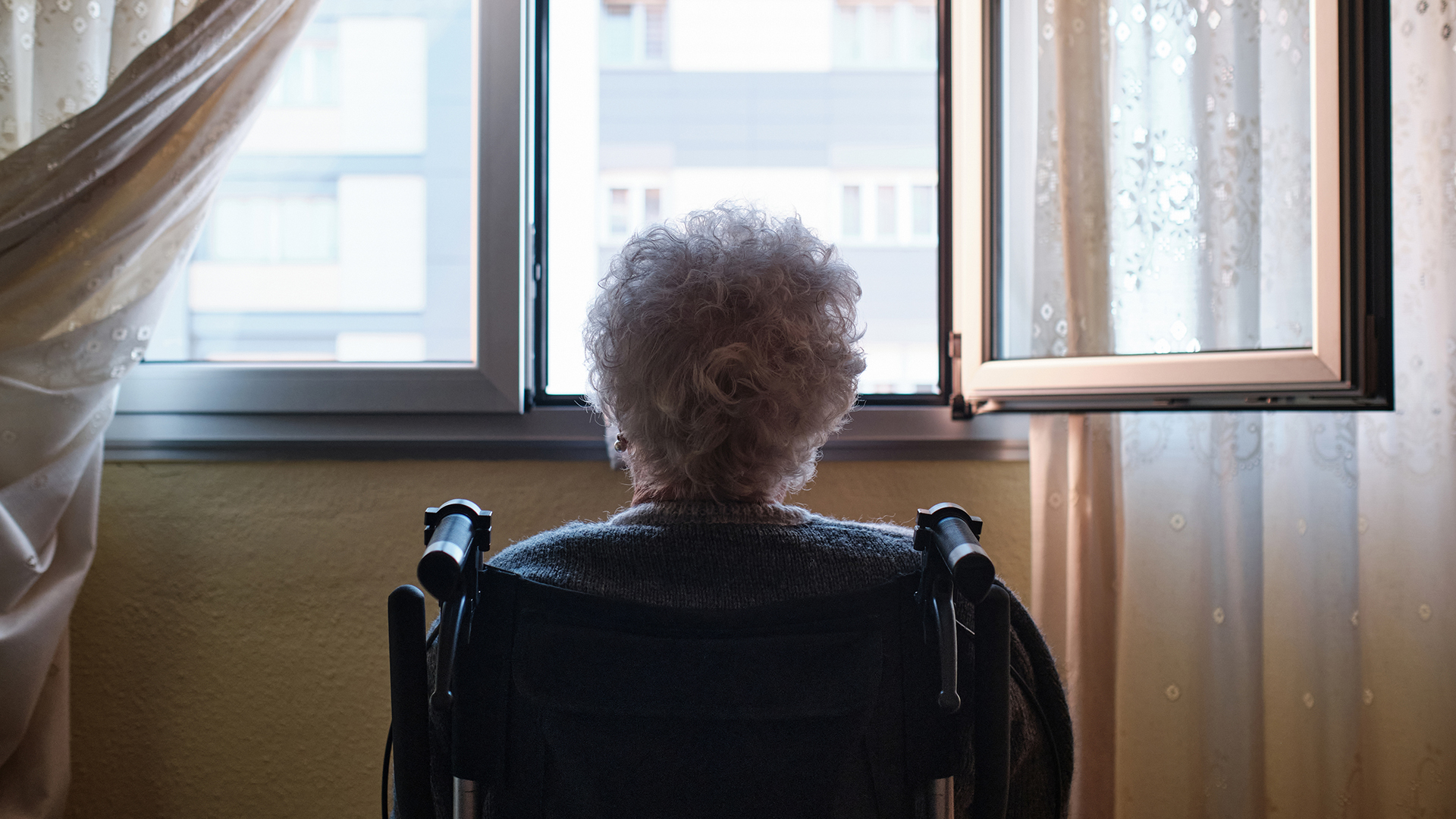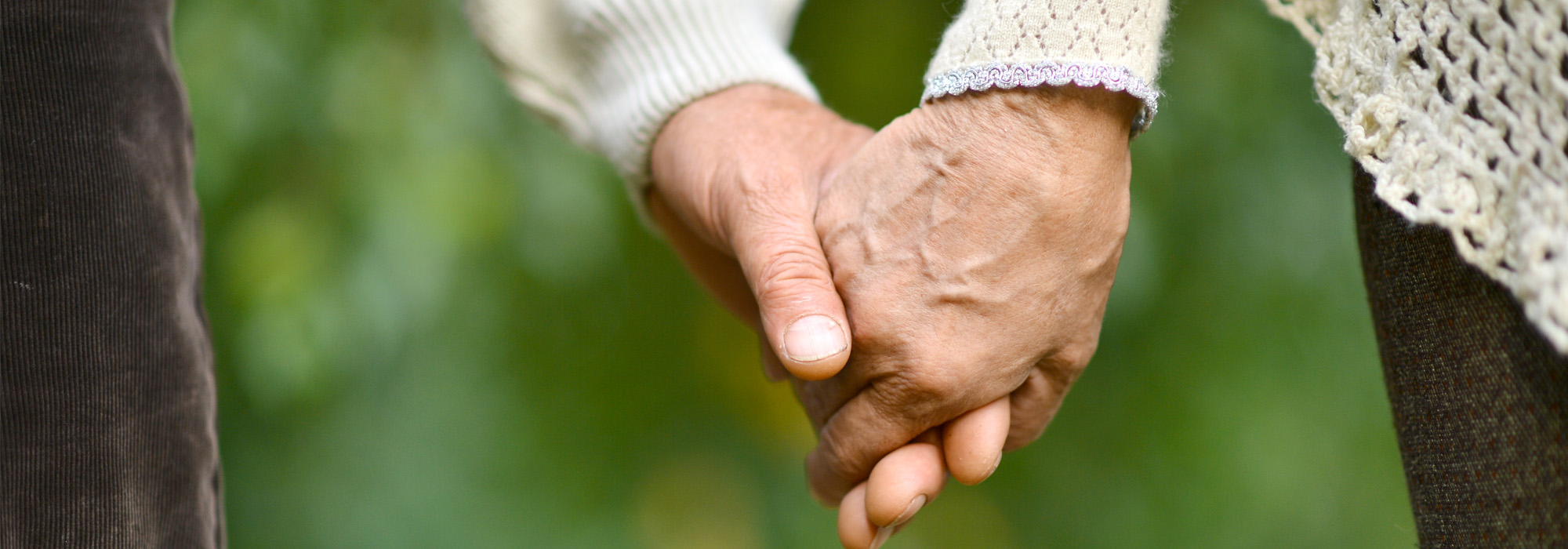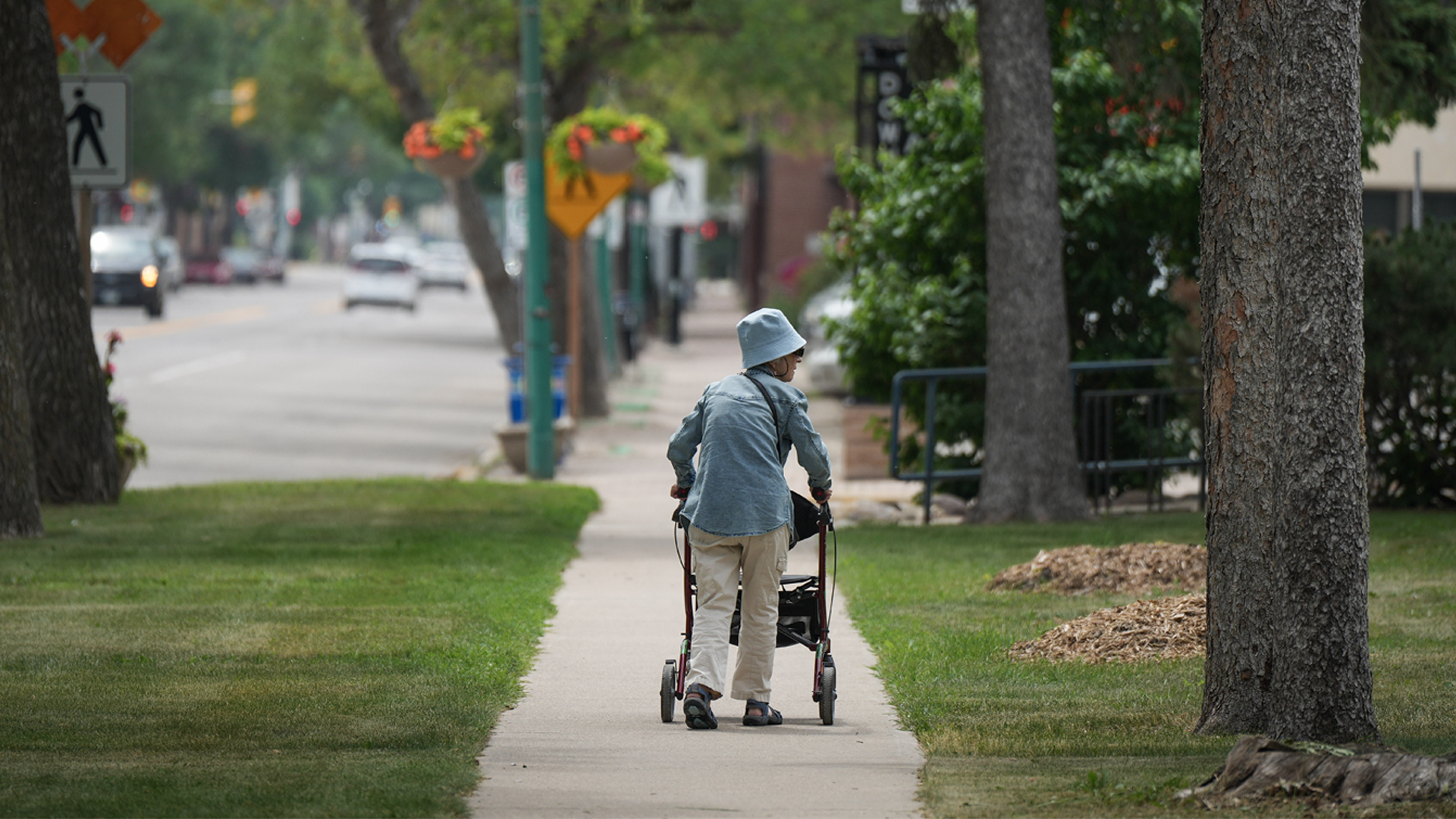
In Europe last year. a number of newspapers and social media outlets laid the blame for the decision of British voters to leave the European Union on older people. One magazine even suggested that the pensioners’ right to vote should be taken away. So outrageous did the scapegoating get that the United Nations Independent Expert on the Enjoyment of All Human Rights by Older Persons felt compelled to speak out in the press and tell Europeans to get a grip.
This readiness to target older people as the cause of Brexit represents a face of ageism, an insidious and costly form of discrimination prevalent throughout the globe. When they’re not dealing with ageism, many older people must endure conditions of abject destitution. Indeed, older people are among the poorest people in the poorest countries of the world. According to the International Labour Organization, half of the older people in the world receive no pensions whatsoever. Many others receive pensions that are grossly inadequate.
To combat ageism and lessen the vulnerability of older people, many activists and academics have been campaigning for a UN convention on the rights of older persons. As part of this effort, in December 2016 a delegation from the International Longevity Centre Canada and the University of Ottawa spoke at the UN against ageism and in support of the proposal for a convention.
Ageism in employment and health care
Ageism is social discrimination against older persons on the basis of negative stereotypes regarding old age It is the most socially tolerated form of discrimination; the fact that it potentially affects everyone is the most compelling argument for a convention on the rights of older persons.
Ageism and its consequences are very evident in employment. Older workers have less access than younger workers to learning and career development opportunities and promotions. In 2012-13, age discrimination represented about 15% of employment-related complaints to the Ontario Human Rights Tribunal, a rate that was similar for the two preceding years as well. The economic impacts include a loss of intergenerational transfer of knowledge and skills within organizations, as well as skills shortages in some sectors.
At the personal level, the experience of age discrimination leads to disengagement and loss of self-esteem among aging employees. Although age-inclusive employment practices are being promoted to stem the ongoing decline in the labour force by the World Economic Forum and Canada’s federal, provincial and territorial governments, among others, these remain voluntary measures.
Ageism is very evident in health care as well, as explored by CBC Radio’s White Coat, Black Art in July 2016. Nowhere do older people experience more stigma than in hospitals. Today’s hospital environments are busy, crowded and noisy. Staff frequently lack adequate training, sensitivity and time to meet the needs of older persons, resulting in poor communication with older persons and inappropriate choice of medications and dosages. Essential aspects of care are often neglected, such as speaking with dignity and respect, and ensuring that patients are drinking, eating and sleeping adequately, being toileted and bathed, are pain free and feel comfortable in a safe, quiet environment.
This systemic neglect frequently leads to cognitively impaired and medically ill older persons becoming delirious or demonstrating “agitated” or “aggressive” behaviour as a symptom expressing their unmet basic human needs. Most undergo a decline in physical and mental functioning, resulting in prolonged hospital stays, medical complications, institutionalization and premature death. While the current system shift toward “senior-friendly hospitals” is necessary to reduce the enormous costs of poor management of older patients, it must be underpinned by the requirement to protect the inherent rights of older people to the highest standard of health care, a principle that is enshrined in the constitution of the World Health Organization.
Ageist stereotypes influence perceptions of what is physically and mentally possible for older people, and the resulting attitudes can strip them of some basic human rights. Many patients themselves and their age peers consider being sick as normal in old age. The effort to see older persons as having the potential to maintain current function or even improve is considered futile. These stereotypes are confirmed and further reinforced, especially in long-term-care settings when health care providers are faced with an older person who does have significant functional limitations. This is especially true when the person has difficulty communicating, as is the case in people with dementia. Some people may not even be asked what they want to wear. By not recognizing that older people, even with severe limitations, deserve to live the best quality of life possible and with the most choices possible, society is stripping them of their families, of their privacy or of their right to be protected from the overuse of narcotic drugs.
A rights-based approach to intervention and care would give all older persons a voice. It would require us to recognize their potential and to adapt their living environments to allow them to conserve as much autonomy as possible and be a part of our world as equal citizens.
A new convention to protect older persons’ rights
After the adoption of the Universal Declaration of Human Rights (UDHR) in 1948, the UN member states created, over the following six decades, nine legally binding human rights treaties. They cover a range of rights and protect, in particular, the rights of racial minorities, women, children, migrant workers and persons with disabilities. For several years, nongovernmental organizations (NGOs) have vigorously sought an international treaty, or convention, to protect older persons.
Such a treaty is needed for a number of reasons: many countries do not have age discrimination legislation; few countries have constitutional prohibitions against age discrimination; the International Bill of Rights — consisting of the UDHR, the International Covenant on Civil and Political Rights, and the International Covenant on Economic, Social and Cultural Rights — does not explicitly identify age as a prohibited ground of discrimination; and existing nonbinding rights instruments have proven to be inadequate.
Fortunately, older Canadians are protected by a robust legal framework. The Canadian Charter of Rights and Freedoms prohibits discrimination based on age, as do the Canadian Human Rights Act and the provincial human rights codes. Nevertheless, an older persons’ rights treaty should be of considerable interest to Canadians. First, it would give them another legal layer of rights protection. Second, states that ratify a treaty are held to account not only by NGOs but also by a dedicated UN treaty body, composed of independent experts, which monitors compliance with a treaty, and by the UN Human Rights Council, which assesses each state’s human rights progress every four years. Thus, Canadian governments would be required to explain and rectify any failures to fulfill the country’s treaty obligations, a requirement that could stimulate new initiatives to meet the needs of older Canadians.
Through our meetings with politicians and public servants, the authors of this article have urged the federal government not only to support the idea of a convention but also to be a leader and not a bystander in the global campaign for it, in much the same way that it was a leader in the struggles for the Convention on the Rights of the Child and for the International Criminal Court. Given the rapid aging of the world’s and Canada’s population, an older persons’ rights treaty should be a central element in the federal government’s international human rights policy.
The benefits of a modern, progressive and comprehensive convention seem to us to be substantial. For starters, it would make clear that age is a prohibited ground of discrimination throughout the world.
Second, a treaty would set out the kinds of rights protection that are needed by older persons and, in so doing, would also set out the responsibilities of states toward older persons. It might stimulate states without legislative and constitutional prohibitions against age discrimination to fill those gaps.
Third, it would help to change the way older people are viewed: from being seen as victims with little agency, they could be regarded as rights bearers with inherent dignity.
An older persons’ rights treaty would serve as a mobilizing and advocacy tool for older persons and their NGOs. Among other things, it could be used in litigation to protect rights. Finally, as the former UN Secretary-General, Ban Ki-Moon, noted, a rights convention would give older persons greater visibility and recognition nationally and internationally.
Campaigning for the convention at the UN
In 2010, the UN General Assembly established the Open-Ended Working Group on Ageing (OEWG), bringing together UN member states, experts and NGOs to consider options for better protection of the human rights of older persons. In general, NGOs and several lower- and middle-income countries support a convention, but most developed nations, including Canada, either adamantly hold that the problem is one of implementation or they want compelling evidence that further law is required. To shed objective light on the issues, the UN Human Rights Council appointed the Independent Expert on the Enjoyment of All Human Rights by Older Persons in 2014, Rosa Kornfeld-Matte, to report on the adequacy of current laws to protect older persons.
The International Longevity Centre (ILC) Canada joined forces with other NGOs representing or serving older persons to advocate together during and between the OEWG sessions. ILC Canada, housed at the University of Ottawa, is an independent rights-based aging policy think tank, a member of the International Longevity Centre Global Alliance of 17 centres worldwide, whose mission is to promote healthy and productive aging. Since its inception in 2015, ILC Canada has advocated at the UN for the explicit inclusion of older persons in the UN’s Sustainable Development Goals. During the seventh OEWG meeting in New York in December 2016, ILC Canada organized, hosted and presided over the Side-Event on Ageism and Human Rights.
ILC Canada and professors at the University of Ottawa are now focused on mobilizing Canadian support for a convention on older persons’ rights at the UN and at home. To be sure, such a rights treaty would not be a magic bullet, but it would be one more mechanism that we can use to create a better future for older men and women.
Photo: Shutterstock.com
Do you have something to say about the article you just read? Be part of the Policy Options discussion, and send in your own submission. Here is a link on how to do it. | Souhaitez-vous réagir à cet article ? Joignez-vous aux débats d’Options politiques et soumettez-nous votre texte en suivant ces directives.







